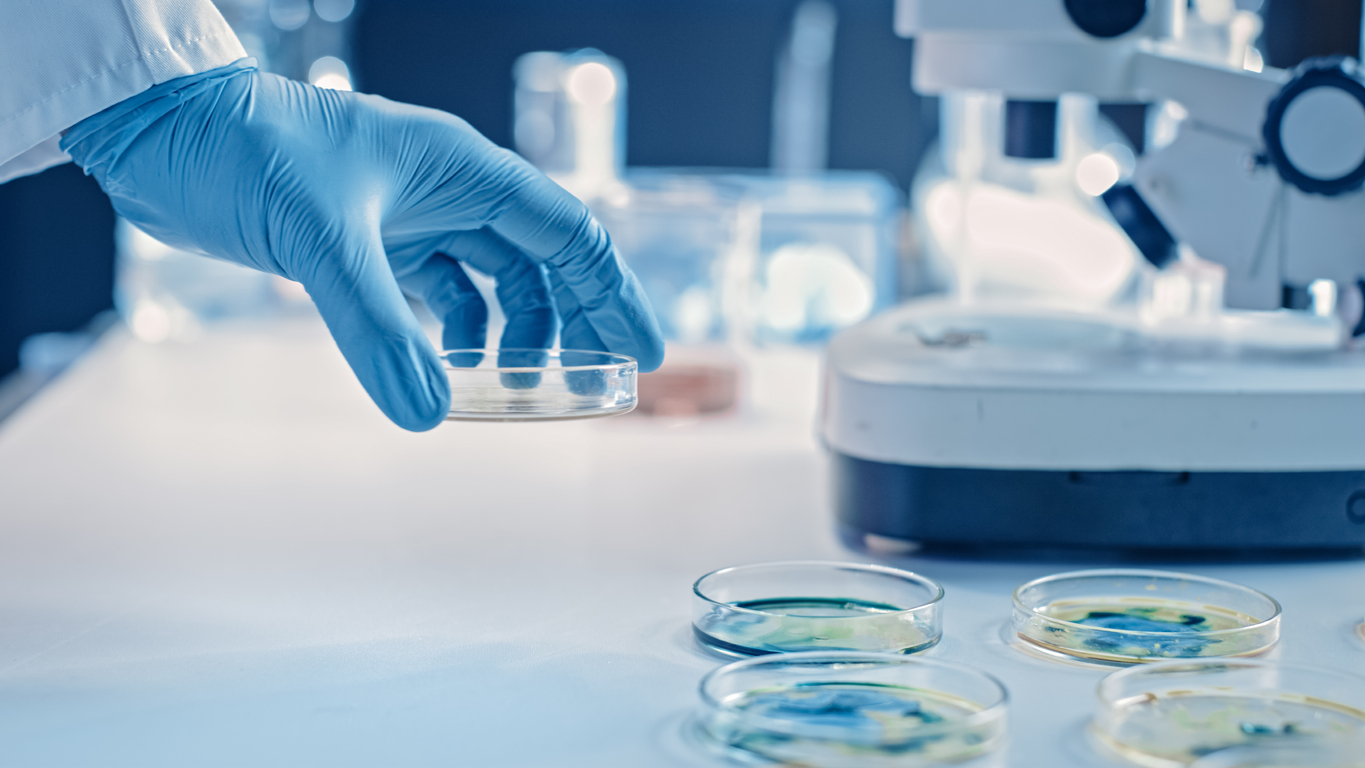
Study Shows Link between CRISPR and Mutated Cancer Cells
November 24, 2021| |
Experts from Karolinska Institutet in Sweden reported a connection between CRISPR, a protein that protects cells from DNA damage known as p53, and other cancer genes. The results, published in Cancer Research, contribute more information to precision medicine.
CRISPR has been a popular gene editing tool in research. However, some hurdles need to be addressed to be used efficiently in precision medicine. One of these challenges is associated with how cells respond to DNA damage, which CRISPR gene editing causes in a controlled fashion. Cell damage activates p53, which is the cell's first aid response to DNA damage. When p53 is active while CRISPR is applied, the technique becomes less effective, while the absence of p53 can cause cells to grow beyond control and become cancerous.
The researchers reported that cells with inactivating mutations of the p45 gene have better survival when CRISPR is applied and thus can accumulate in a mixed cell population. They also found a network of related genes with mutations that have a similar impact to p53 mutations. The temporary inhibition of p53 was concluded to be a potential strategy for the enrichment of cells with such mutations.
Read more findings in Cancer Research and Science Daily.
| |
You might also like:
- Study Reveals Transgenic Goats Can be Used to Produce Antibodies Against Cancer
- Scientists Engineer Algae to Specifically Kill Cancer Cells
- Pocket K No. 54: Plant Breeding Innovation: CRISPR-Cas9
Biotech Updates is a weekly newsletter of ISAAA, a not-for-profit organization. It is distributed for free to over 22,000 subscribers worldwide to inform them about the key developments in biosciences, especially in biotechnology. Your support will help us in our mission to feed the world with knowledge. You can help by donating as little as $10.
-
See more articles:
-
News from Around the World
- Younger Consumers Willing to Buy Fresh Fruits Developed Through Biotechnology, Study
- FAO Releases 2021 Report on State of Food and Agriculture
- UCR Scientists Solve 50-year-old Mystery behind Plant Growth
- Researchers Develop Techniques to Breed Plants with Genes from One Parent
- Scientists Develop High-Yielding, Biofortified, Drought Tolerant Transgenic Chickpea
- ISAAA Webinar Highlights Importance of Public-Private Dynamics in Agribiotechnology Industry
- Transgenic Tobacco Becomes Pheromone Factory to Control Pests
- Study Finds Plant-based Alternative Food Consumption in UK Doubles in 10 Years
-
Plant
- Expert Tackles Sustainability Solutions of Gene Editing
- Study Shows Link between CRISPR and Mutated Cancer Cells
- CRISPR-Cas12f1: A Mini Genome Editing Tool
-
Health
- Cuba's Homegrown COVID-19 Vaccines Show Promise
-
Read the latest: - Biotech Updates (February 11, 2026)
- Gene Editing Supplement (January 28, 2026)
- Gene Drive Supplement (February 22, 2023)
-
Subscribe to BU: - Share
- Tweet

